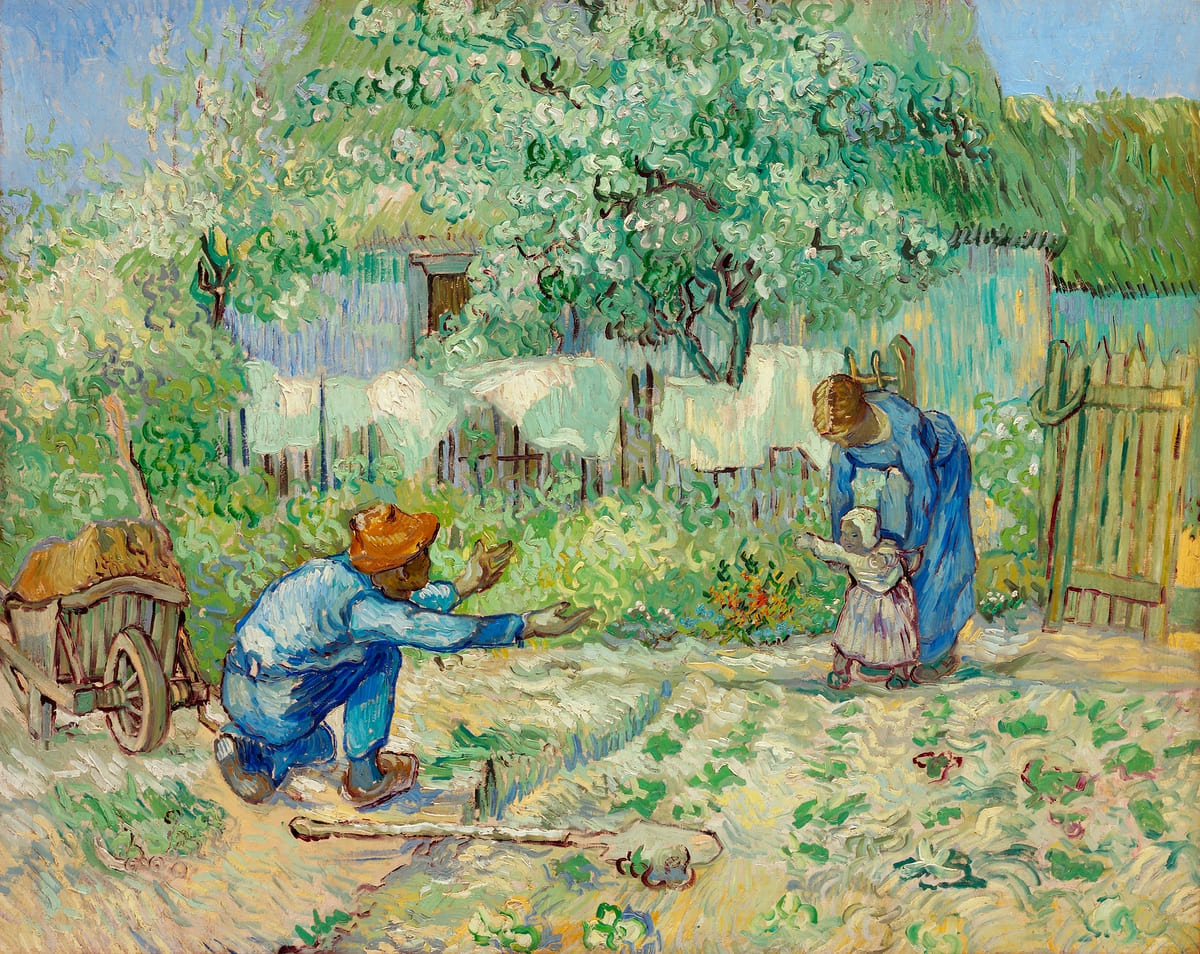Raising a socially aware child means helping them develop the ability to understand and empathize with others, recognize social dynamics, and act with kindness and inclusivity. Social awareness equips children with the tools to build meaningful relationships, navigate diverse social settings, and contribute positively to their communities. It requires intentional guidance and practice, starting from a young age.
Here’s how to raise a socially aware child:
1. Foster Empathy
Empathy is at the core of social awareness. Teaching children to understand and care about others’ feelings builds a strong foundation for social interactions.
How to Teach Empathy:
- Discuss emotions: Ask questions like, “How do you think your friend felt when that happened?”
- Use stories or movies: Talk about characters’ feelings and choices. For example, “What could the character have done differently to help their friend?”
- Model empathy: Show compassion in your own interactions, such as comforting a family member who is upset.
2. Teach Active Listening
Listening attentively to others helps children understand different perspectives and respond thoughtfully.
Tips for Teaching Active Listening:
- Practice turn-taking in conversations: “Let’s take turns sharing about our day.”
- Encourage them to ask questions, like, “What happened next?”
- Teach them to look at the speaker and acknowledge what’s being said with nods or verbal responses.
3. Expose Them to Diversity
Introducing children to diverse cultures, traditions, and perspectives broadens their understanding of the world and fosters inclusivity.
Ideas for Encouraging Diversity:
- Books and media: Choose stories featuring characters from different backgrounds.
- Cultural events: Attend festivals, museums, or community programs that celebrate diversity.
- Discuss differences positively: Highlight how differences make the world interesting and valuable.
4. Encourage Thoughtful Communication
Helping your child express themselves clearly and respectfully is crucial for social awareness.
How to Foster Communication Skills:
- Teach “I” statements: “I feel upset because…” instead of blaming others.
- Role-play common scenarios, like resolving conflicts or introducing themselves to new people.
- Practice using kind words, even when they disagree with someone.
5. Promote Inclusivity and Kindness
Socially aware children recognize the value of including others and treating everyone with kindness.
Activities to Encourage Inclusivity:
- Invite new classmates or neighbors for playdates to help them feel included.
- Encourage them to stand up for peers who are being left out or teased.
- Praise acts of kindness, such as sharing toys or comforting a friend.
6. Teach Them to Recognize Social Cues
Understanding body language, facial expressions, and tone of voice helps children interpret social situations accurately.
Activities for Recognizing Cues:
- Play charades to practice identifying emotions based on facial expressions.
- Watch TV shows or movies together and ask, “How do you think they’re feeling based on their expression?”
- Discuss situations they experience: “Did you notice how your friend looked when they were upset?”
7. Encourage Problem-Solving and Conflict Resolution
Teaching children to handle conflicts constructively fosters emotional resilience and strengthens relationships.
Steps for Problem-Solving:
- Identify the problem: “What’s bothering you?”
- Brainstorm solutions: “What can you and your friend do to fix this?”
- Test the solution: “Let’s try your idea and see how it works.”
- Reflect on outcomes: “Did that help? What could we do differently next time?”
8. Model Social Awareness
Children learn by observing their parents and caregivers. Demonstrate social awareness in your own behavior.
What to Model:
- Treat others with respect and kindness, regardless of differences.
- Listen actively during conversations and respond thoughtfully.
- Show appreciation for diverse perspectives and cultures.
9. Provide Opportunities for Social Interaction
Social interactions help children practice and develop their social awareness skills.
How to Create Opportunities:
- Organize playdates, team sports, or group activities.
- Encourage participation in extracurricular activities like theater, debate clubs, or volunteering.
- Help them navigate interactions by discussing their experiences afterward.
10. Discuss Current Events and Social Issues
Age-appropriate conversations about current events help children develop a sense of responsibility and awareness of the world around them.
How to Discuss:
- Simplify complex issues: For example, explain climate change by discussing how taking care of the Earth helps everyone.
- Encourage critical thinking: Ask, “What do you think about this?” or “How could we help?”
- Involve them in solutions: Participate in community service or environmental activities together.
11. Encourage Gratitude and Reflection
Gratitude fosters a positive outlook and helps children appreciate the people and opportunities in their lives.
Activities for Gratitude:
- Keep a gratitude journal where they write or draw things they’re thankful for.
- Reflect on acts of kindness they received during the day.
- Express appreciation to others, such as writing thank-you notes.
12. Reinforce Positive Behaviors
Celebrate and reward actions that demonstrate social awareness to encourage continued growth.
How to Reinforce:
- Give specific praise: “I loved how you helped your friend when they fell down.”
- Highlight positive examples in others: “Did you see how kind that boy was to include everyone in the game?”
- Use small rewards to motivate consistent behavior, such as extra storytime or a special treat.
Conclusion
Raising a socially aware child involves teaching empathy, encouraging inclusivity, and providing opportunities to practice social skills. By modeling positive behavior, exposing them to diverse experiences, and guiding them through real-life situations, you can help your child develop the ability to connect with others and contribute positively to their communities. With consistent effort, your child will grow into a compassionate, thoughtful, and socially aware individual.

